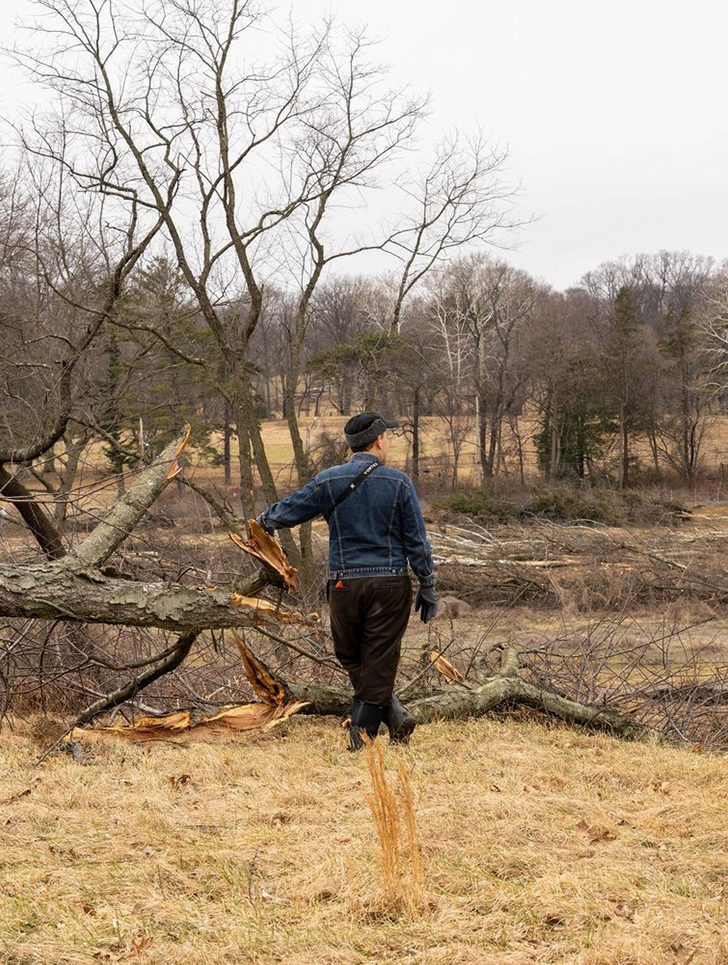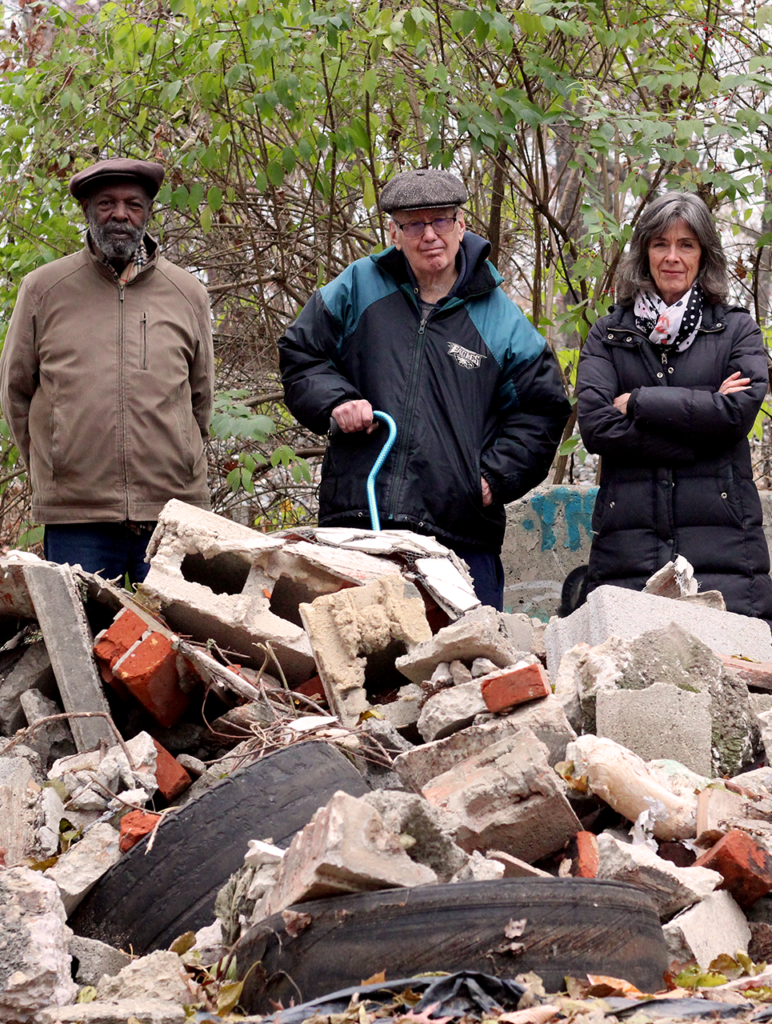Getting a magazine to print on time is a nailbiter in a lot of ways, with every delay you can imagine threatening chaos. One speed bump we often run into is waiting for government sources to respond to our questions. A writer will have the article ready to go except for a pending request for comment sent to a department media representative a while ago.
This month, for an article about the problem of tire dumping, Jordan Teicher had asked the City’s Department of Licenses and Inspections (L&I) about how they are enforcing a law that requires repair shops to properly dispose of the used tires they take from cars. L&I got back to him with a vague answer. He asked the department to clarify, and that’s where they stalled.
We edited the article with a placeholder for the eventual answer, which arrived a week before print: L&I had no idea if they had ever actually checked to make sure tire shops were following the law.
I have no desire to beat up on L&I. Anyone reading the news in Philadelphia knows that the agency is grossly understaffed, with inspectors carrying impossibly large caseloads while fending off political interference from City Council members. And the inspectors take their jobs seriously, given that a problem they miss can lead to buildings collapsing and people dying. If you were as overworked as an L&I inspector, you too might prioritize responding to construction complaints that could save lives over reviewing the tire hauling records at repair shops.
Similar problems have dogged enforcement of Philadelphia’s tree canopy protections, as Grid reported in 2022. Bad actors like the Union League can cut down acres of trees without permission or an approved plan to replace them, knowing that L&I lacks the capacity to do anything about it. Even well-crafted rules will fail if everyone knows there is no downside to ignoring them.
The Philly Tree Plan, released in February 2023, actually contains a solution, creating a city forester position to lend desperately needed expertise to tree canopy oversight. Perhaps we need a similar solution for tires and related dumping problems. Of course, it is also critically necessary to fully staff L&I.
Enforcement comes up as a key point in Dawn Kane’s article about Philadelphia’s plastic bag ban, too. Last week, I ran around the corner from Grid’s office to buy a small Hanukkah gift at Reading Terminal Market. After I paid, the vendor handed me my purchase inside a thin plastic bag — it was then up to me to report the shop to the City. The ban has been a success in many ways, but there are still plenty of vendors out there ignoring it. Kane’s piece tackles the tough question of how we provide businesses with incentives, including the negative incentive of a fine, in just the right way that we shift them to paper or reusable bags without driving them out of business or kicking up opposition to the ban overall.
L&I has a role in enforcing the plastic bag ban, along with four other offices. So do I. I felt a little weird dropping a dime on the vendor who handed me the plastic bag at checkout, but after writing my editor’s notes about enforcement, I felt like I had to. So I pulled up Philly311, which so often feels like a joke the City plays on residents who care, and I submitted the complaint. I wonder if anyone will follow up.
Bernard Brown, Managing Editor







